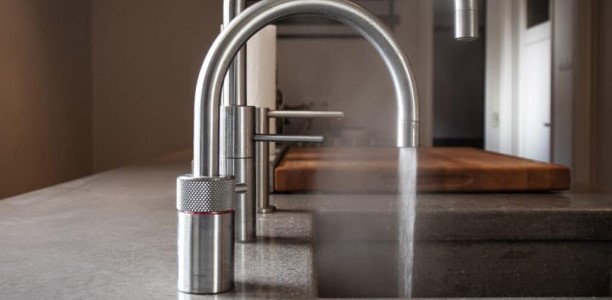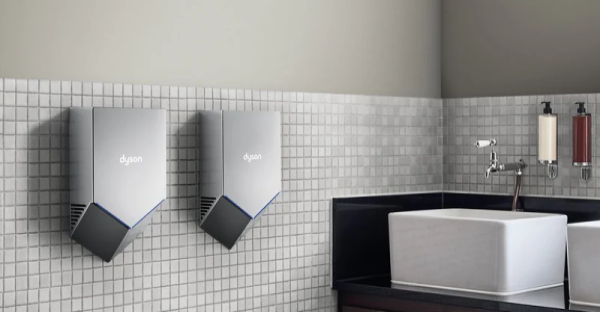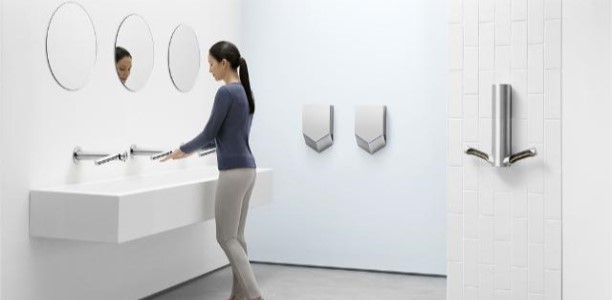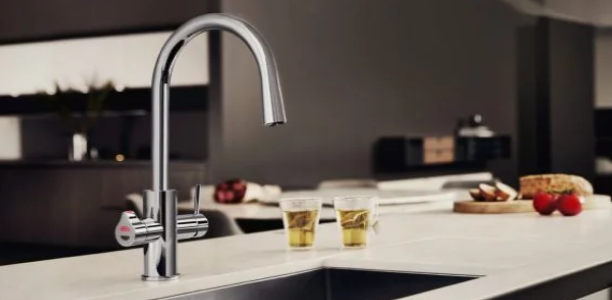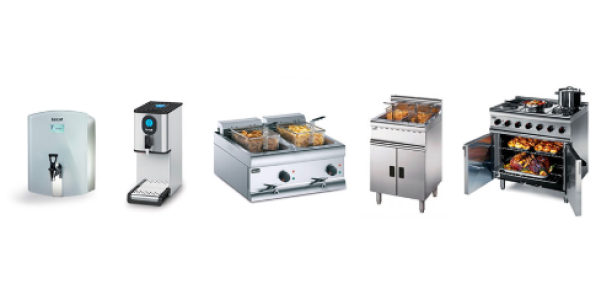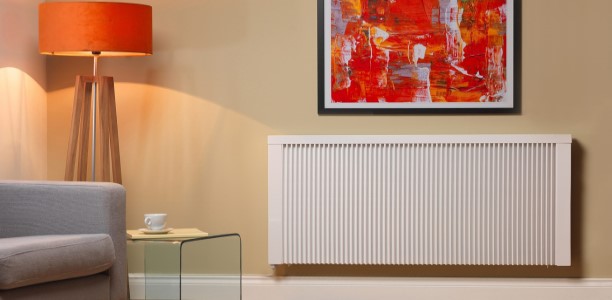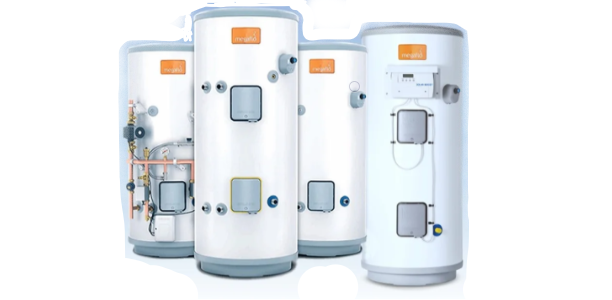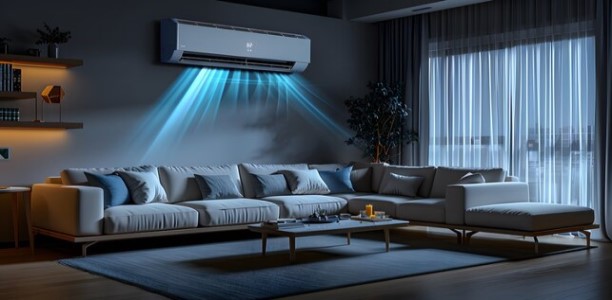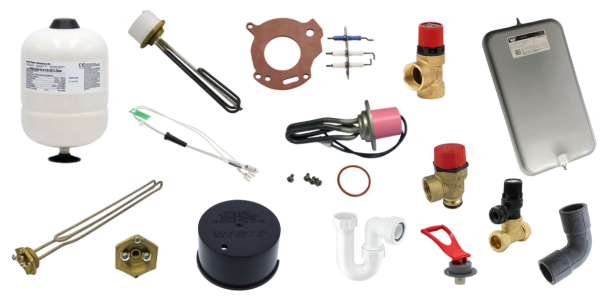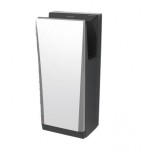
There are pros and cons of each type of dryer, though, so it is not a straightforward matter when making your purchase. Here are a few things to consider:
Purchase price
It used to be the case that hands-in dryers were much more expensive than hands-under dryers, but this is not as cut-and-dried as it was. This is because there are now a number of cut-price hands-in dryers which can cost as little as 30% of the price of a high-end dryer. For example, the JETBOX Blade is a fantastic price, but comes with a set of features which
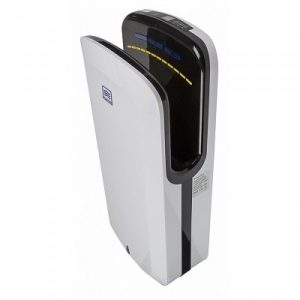
If you have a budget of sub-£200 per dryer though, you’ll have no choice than to go for a hands-under model.
Hygiene
There are several factors to take into account here – some good and some bad in terms of either type of dryer:
The ‘slots’ you put your hands in can be quite close together, so in practice it is sometimes too easy to be touching the edges which have been touched by other people with wet hands.
Drip trays in a hands-in dryer must be antibacterially coated to make sure they are not a breeding ground for bacteria
HEPA air filters sound great, but their benefits need to be considered in context: they are only cleaning the air which is blown out the dryer, i.e. a very small percentage of the air in a washroom, and they may still blow bacteria off your hands into the surrounding air
There are several hand dryers which claim to have antibacterial coatings – but as almost all hand dryers are touch-free – does this really matter?
In short, none of the anti-bacterial measures incorporated into various hand dryers are a bad thing, but they may not be much of a good thing either, in the real world. The bottom line is, if you are concerned abot air quality on your washroom, get an air purifier rather than relying on your hand dryer to do the job. There are several excellent quality appliances out there.
Drying times
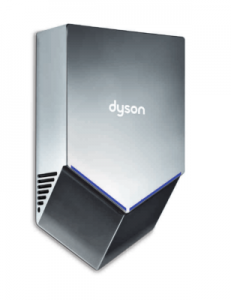
Disabled Access, and general space requirements
Although it is not usually possible to cope with all types of disability, it is generally true to say that a hands-in dryer will take up more space and is therefore more likely to ‘get in the way’ in a disabled washroom, and will generally be more difficult to use, especially for wheelchair users. For this reason, we would usually recommend a hands-under dryer for any area used by people with disabilities.
Mess on the walls and floor
Most modern high-speed hand dryers blast the water off your hands rather than gently evaporate it. That water usually ends up on the floor, but if you have a hands-in dryer with a built-in drip-tray, then you can avoid the slip-hazard. Most drip-trays only need to be emptied every 800 uses or so, and this can save walls getting stained.
If you would prefer a hands-under model but this aspect concerns you, you can always install a ‘splashback board’ underneath your hands-under dryer to protect the wall.
So, whilst it is difficult to definitively say that one type of dryer is better than the other, considering how each of the points above apply to your particular situation should make your choice more straightforward. And if you are still not decided, why not give one of our experts a call on 01934 253600, or go online for a natter using on online chat facility at https://electricaldealsdirect.co.uk






